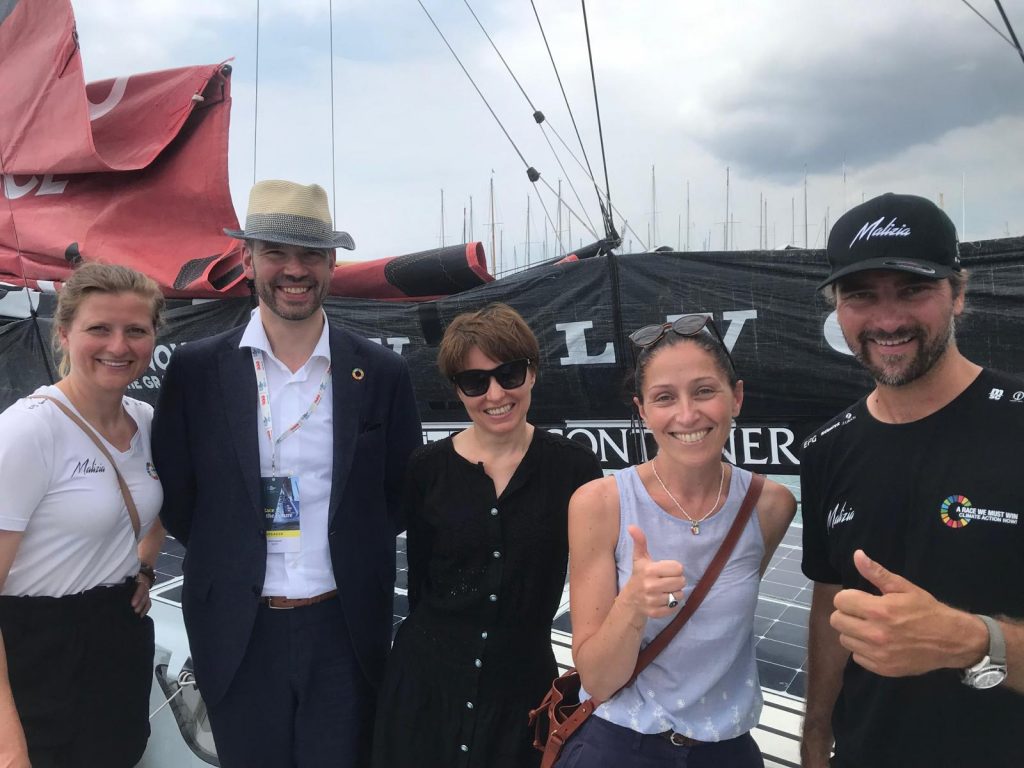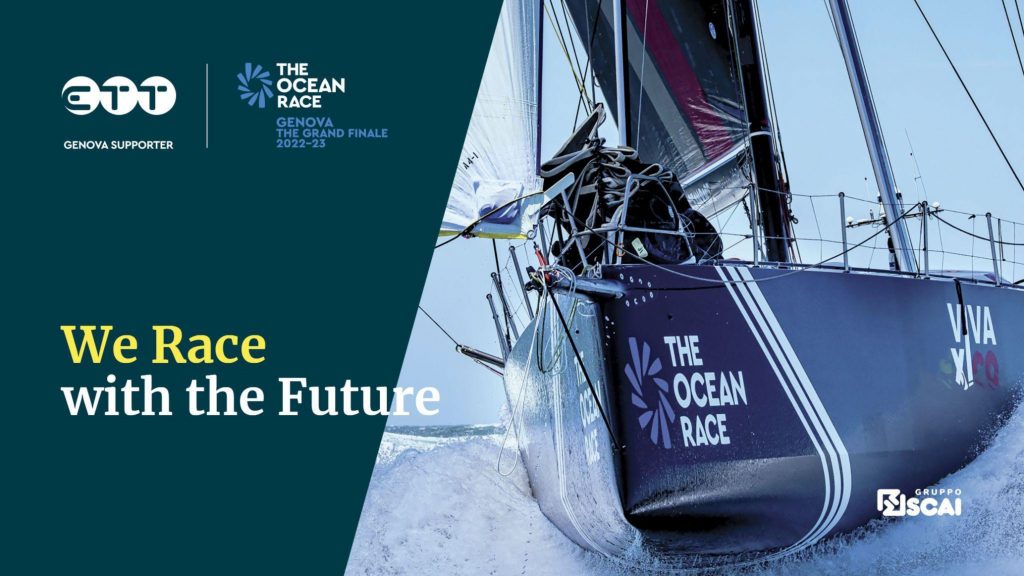The Ocean Race is often described as the longest and toughest professional sporting event in the world, sailing’s toughest team challenge and one of the sport’s Big Three events, alongside the Olympic Games. Since several years, the Ocean Race has been engaged in the collection of the scientific marine data. The regatta boats are equipped with sampling kits collecting data on ocean salinity, sea surface temperature, currents, carbon dioxide, oxygen, trace elements, and microplastics. This programme is run in partnership with leading scientific organizations Ifremer, GEOMAR Helmholtz-Zentrum für Ozeanforschung Kiel, National Oceanic & Atmospheric Administration (NOAA), UK National Oceanography Centre, World Meteorological Organization, CNRS, Meteo France and others, and is part of the UN Decade of Ocean Science for Sustainable Development. The race has collected millions of ocean measurements transmitted to the scientific institutions and open-source marine data systems.
During the week of the Grand Finale in Genoa, Italy, ETT – the local co-organizer of the event and an avid contributor to the European marine data service EMODnet, organized a Marine Data Week, from 27 to 30 June 2023. Our Ocean Literacy activities were promoted by Dina Eparkhina, coordinator of the EuroGOOS Scientists for Ocean Literacy project of the UN Ocean Decade. Dina’s talk highlighted the importance of Ocean Literacy as a crucial societal engagement activity in today’s science. Scientists are well placed to tell the stories of the ocean and share their fascination and passion with the general public. But scientists cannot do this alone – various disciplines and sectors must come onboard with the Ocean Literacy activities of the marine scientific organizations, such as members of EuroGOOS. As shared in the EuroGOOS policy brief on the topic, Ocean Literacy tools and approaches are needed to increase societal and policy awareness of the needs, challenges, and opportunities of the ocean observing enterprise. Ocean Literacy is an important enabler of the better, broader, and more impactful engagement of science with policy and society on the topics of sustainability, research, and the importance of oceanography.

Visit to the Malizia boat at the Ocean Race Grand Finale, from left: Birte Lorenzen (Manager Ocean Education, My Ocean Challenge/Malizia), David Bassett (European Aquaculture Technology and Innovation Platform), Dina Eparkhina (EuroGOOS, co-chair of Ocean Literacy Working Group), Emanuela Rusciano (GOOS-OceanOPS, member of Ocean Literacy Working Group), Boris Herrmann (Malizia’s skipper), 29 June 2023, Genoa, Italy
















































